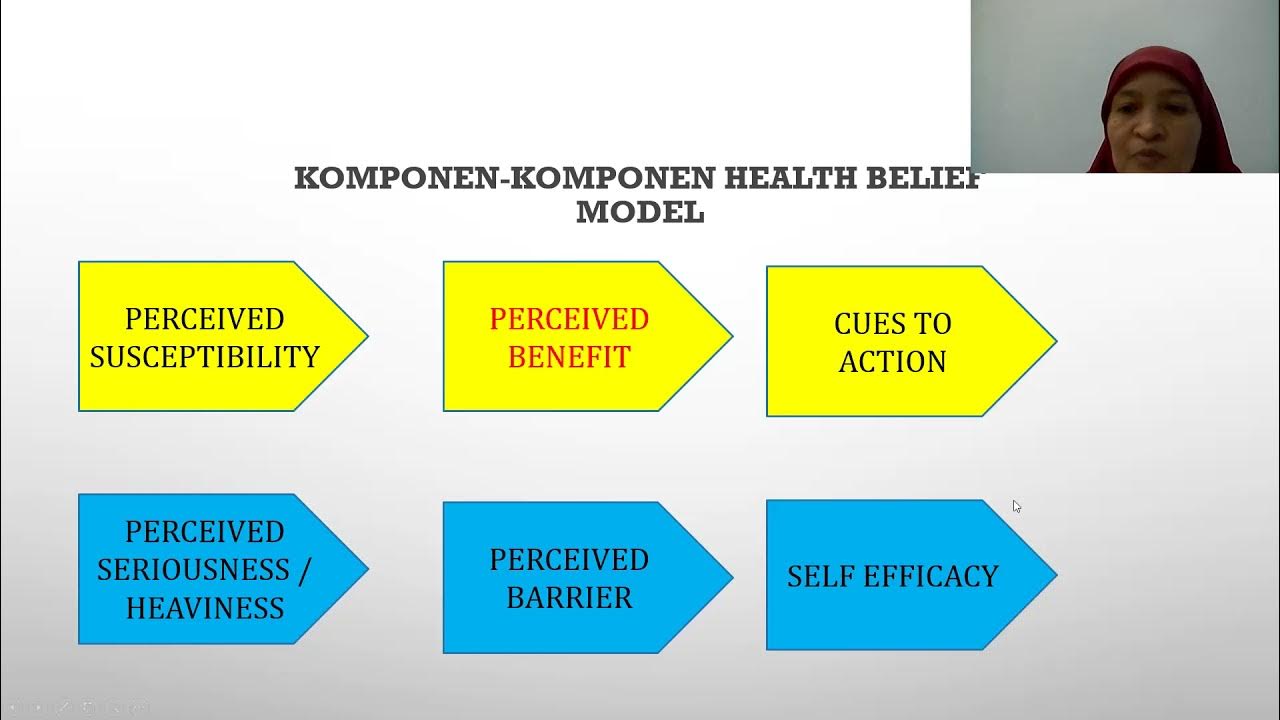Barriers to Social Change
Summary
TLDRIn this lecture, Mrs. Vittoria Clementi, Assistant Professor in Sociology and Social Work, discusses the barriers to social change. She identifies key factors like lack of innovation, fear of new inventions, tradition, economic disparity, and social habits that hinder progress. The lecture explores how resistance to change, intellectual laziness, and vested interests further obstruct societal advancement. While some resistance can be justified, the lecturer emphasizes that overcoming these obstacles is essential for social transformation. The content is based on the textbook by Xin Zhao and Zn Shankara, which provides a comprehensive framework for understanding these issues.
Takeaways
- 😀 Lack of invention and innovation slows down social change, as new ideas help societies evolve from primitive to modern stages.
- 😀 Rejection of new inventions prevents social change, as the adoption of new ideas is essential for progress.
- 😀 Fear of the unknown and reluctance to embrace new ideas or technologies often hinders social change, as people fear the consequences.
- 😀 Strong attachment to traditions and reverence for the past can prevent acceptance of new ideas, slowing down change.
- 😀 Ignorance of new inventions or concepts can cause resistance, as people take time to understand and adapt to new changes.
- 😀 People's habits and customs can be a solid obstacle to social change, as they are often unwilling to abandon familiar practices.
- 😀 Economic disparity and social inequalities prevent some groups from accessing new ideas or technologies, limiting social change.
- 😀 Intellectual laziness and administrative inefficiency can delay the adoption of new ideas, hindering social progress.
- 😀 Those with vested interests, such as powerful or external groups, may resist social change to protect their own self-interest.
- 😀 Resistance to social change is not always harmful; in some situations, opposition can be justified based on the potential benefits or drawbacks.
- 😀 Overall, various factors—such as fear, ignorance, habit, and economic disparity—play a significant role in preventing social change.
Q & A
What are the main barriers to social change discussed in the lecture?
-The main barriers to social change discussed in the lecture include lack of invention and innovation, rejection of new inventions, fear of change, attachment to tradition, ignorance, habits, economic disparity, intellectual laziness, administrative defects, and the power of vested interests.
How does the lack of invention and innovation prevent social change?
-Lack of invention and innovation prevents social change by slowing down the discovery of new ways to adjust to and improve the natural and social environment. Without inventions, society remains stagnant.
Why is the rejection of new inventions a significant barrier to social change?
-The rejection of new inventions is a barrier to social change because if new ideas or technologies are not accepted, they cannot contribute to societal progress, causing society to remain unchanged.
What role does fear play in preventing social change?
-Fear plays a significant role in preventing social change by causing people to be apprehensive about new ideas or technologies. This fear of the unknown or potential negative consequences can delay the acceptance and implementation of change.
How does attachment to tradition hinder social change?
-Attachment to tradition hinders social change by making individuals emotionally and sentimentally attached to old ways, which can prevent them from accepting new ideas or practices that challenge established norms.
What is the impact of ignorance on social change?
-Ignorance about new discoveries or technologies can prevent people from understanding their benefits, leading to resistance against change and thus delaying social progress.
How do habits act as a barrier to social change?
-Habits act as a barrier to social change because individuals are often unwilling to break old customs and practices. This resistance to change results in the continuation of outdated ways of doing things.
In what ways does economic disparity prevent social change?
-Economic disparity prevents social change by creating a divide between the wealthy and the less privileged. Those who are economically disadvantaged may not have access to new technologies or opportunities, hindering overall societal progress.
How do intellectual laziness and administrative defects impede social change?
-Intellectual laziness and administrative defects impede social change by preventing individuals and institutions from embracing creativity, rationality, and efficient governance, which are essential for driving new ideas and implementing them effectively.
What is the role of vested interests in resisting social change?
-Vested interests resist social change when those in power or with specific self-interests fear that change will endanger their position or wealth. These individuals or groups actively work to oppose changes that would threaten their benefits.
Can resistance to social change ever be justified?
-Yes, resistance to social change can be justified depending on the context. If the proposed change poses significant disadvantages or unintended consequences, opposition may be warranted to protect societal stability or individual welfare.
Outlines

このセクションは有料ユーザー限定です。 アクセスするには、アップグレードをお願いします。
今すぐアップグレードMindmap

このセクションは有料ユーザー限定です。 アクセスするには、アップグレードをお願いします。
今すぐアップグレードKeywords

このセクションは有料ユーザー限定です。 アクセスするには、アップグレードをお願いします。
今すぐアップグレードHighlights

このセクションは有料ユーザー限定です。 アクセスするには、アップグレードをお願いします。
今すぐアップグレードTranscripts

このセクションは有料ユーザー限定です。 アクセスするには、アップグレードをお願いします。
今すぐアップグレード5.0 / 5 (0 votes)






